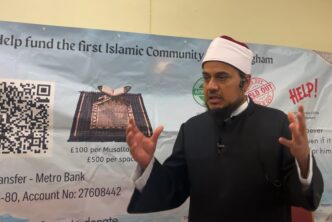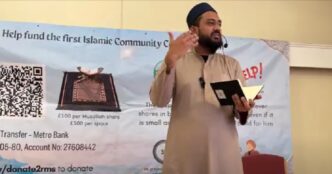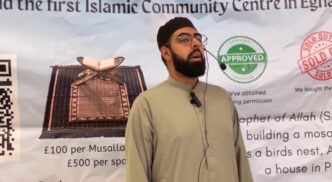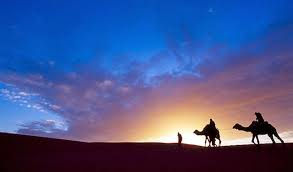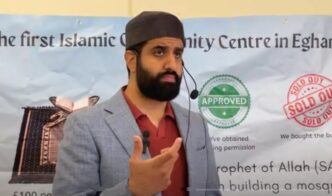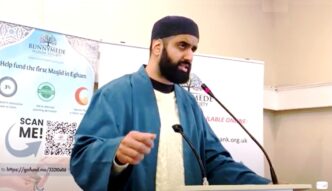
The Humility of the Prophet ﷺ and the Vision of a Prophetic Community
By Talha Haroun
In this deeply reflective khutbah, Talha Haroun explores the concept of humility as exemplified by the Prophet Muhammad ﷺ, particularly during the Conquest of Makkah. The khutbah is part of an ongoing series focused on building a prophetic community, drawing lessons from the life and mission of the Prophet ﷺ.

